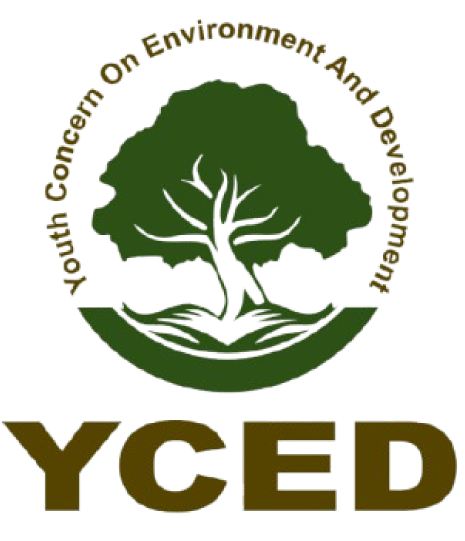
NATURAL RESOURCE GOVERNANCE
We envision a world where natural resources enable fair, prosperous and sustainable societies, instead of undermining them, yet our world is plagued by crises, including oil-fueled conflict and climate change. After the pandemic, poverty reduction progress has halted, energy shortages have hit the most vulnerable, inequality is rising, and authorities are increasingly restricting civic space.
To resolve these crises, those in power must address the needs of the more than one billion people in resource-rich countries. Their wellbeing is closely linked to the oil, gas, and mining sectors, with global implications. Inclusive resource governance and a just transition to sustainable economies are vital. From optimally governing the extraction of metals needed for green technologies, to decisions about the fossil fuels that are overheating our atmosphere, many of the keys to sustainable development lie in resource-rich countries
The primary objective of the Natural Governance programme is to promote human rights observance, foster environmental conservation and stop the expansion of the fossil fuel industry while promoting sustainable mining for the critical minerals needed for the clean energy transition.
The programme is in response to the urgent need to address climate change and its devastating impacts. The programme goal is aligned with climate science, which calls for halting the expansion of the fossil fuel industry for the achievement of the Paris Climate Change goal, the African Union’s Agenda 2063, the UN Sustainable Development Goals (SDGs), Uganda National Development Plan III and other global commitments.
For the attainment of the programme’s goal, YCED undertakes community empowerment and movement building in Uganda and across the African Great Lakes region, builds evidence through research and engages in advocacy as well as litigation.
YCED also promotes green economic alternatives to meet the clean energy and development aspirations of the African countries where we operate


